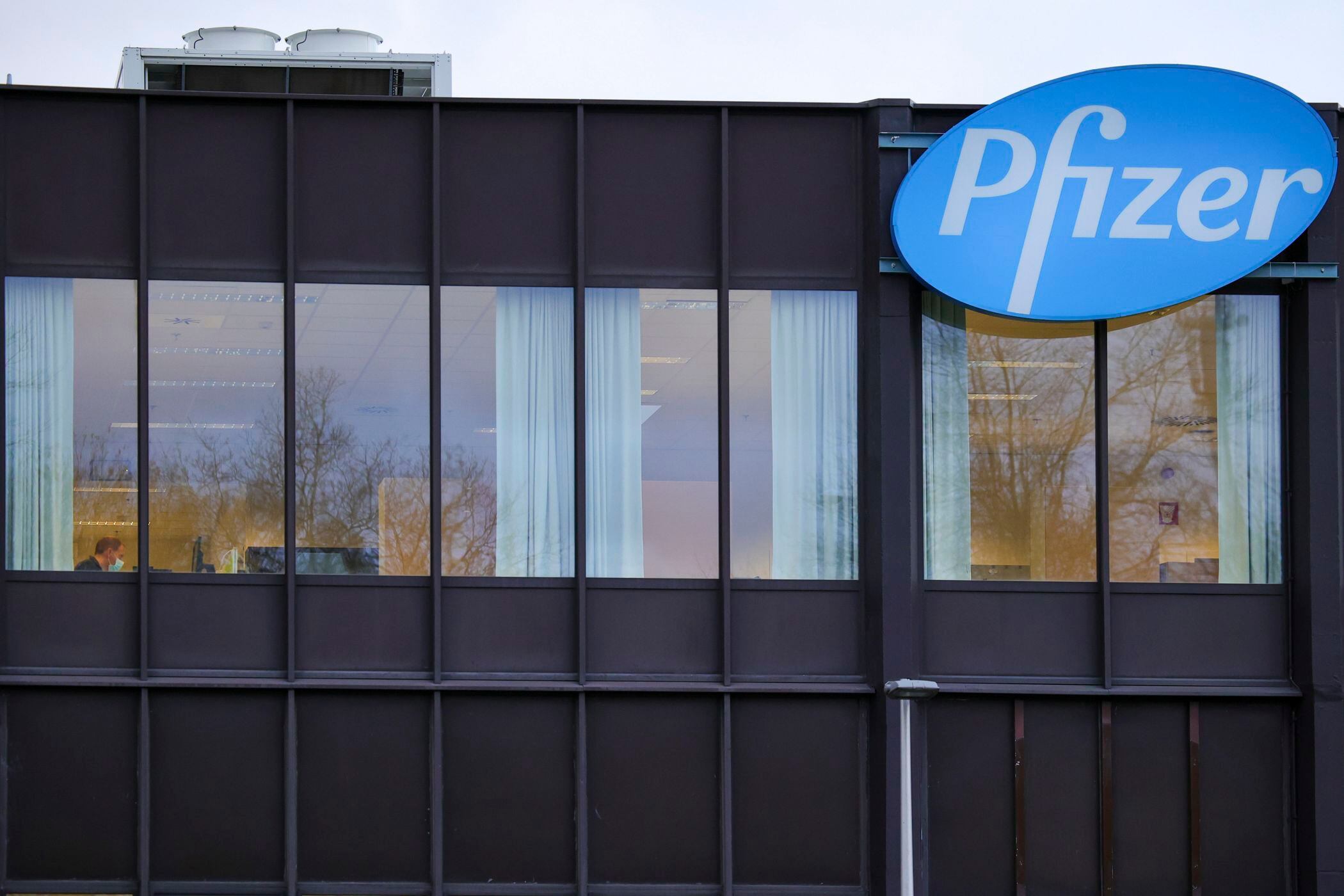From Wall Street to Silicon Valley, these are the top stories that moved markets and had investors, business leaders, and entrepreneurs talking this week on Cheddar.
DISAPPOINTING JOBS REPORT
U.S. stocks scored another weekly win, closing the day Friday with fresh record highs despite a disappointing November jobs report that showed the pace of hiring slowed dramatically as the pandemic worsened. Employers added 245,000 payrolls in the month, significantly short of the 440,000 consensus estimate. The unemployment rate dipped from 6.9 to 6.7 percent. A print of a quarter-million new jobs in a "normal" economy wouldn't be anything to worry over, but the relatively low number coming nine months into the slowdown gave more evidence that a snapback to pre-COVID economic activity just isn't in the cards until mass vaccinations are possible. The poor reading paradoxically helped markets because it added more pressure on Congress to come to an agreement on a new stimulus package before the lame-duck session ends in two weeks. Those negotiations appeared to make significant progress this week after Democratic leaders embraced a narrower $908 billion bill crafted by a bipartisan of lawmakers. Sen. Majority Leader Mitch McConnell said "compromise is in reach."
VACCINE PLANS
The UK became the first Western country to give the regulatory go-ahead to a coronavirus vaccine, approving the Pfizer-BioNTech shot and putting the country on track to receive the first doses within days. In the U.S., the FDA is scheduled to consider that vaccine, along with a similar one from Moderna, in the coming week. The White House vaccine czar says he expects 100 million Americans to be vaccinated by the end of February if the initial rollout goes according to plan. There's already at least one snag: Pfizer says it overestimated how many vaccines it can ship at first, due to supply-chain issues. The company still plans to have one billion vaccines delivered in 2021. These vaccines cannot come soon enough: in the span of a day this week the U.S. broke its records for new infections, hospitalizations and daily deaths.
SLACKFORCE: DONE
As expected, Salesforce.com announced it would buy Slack. Less expected, the price: $27 billion, making it the largest acquisition ever for the cloud giant and one of the largest ever for the software industry. Slack, a workplace productivity tool that was popular long before the pandemic, has become essential for many companies in the WFH era even though the company's stock price has not reacted in kind. The deal puts Salesforce head-to-head against its longtime frenemy Microsoft, which has its own similar product called Teams, in yet another cloud arena. Shares of Salesforce dipped after the acquisition as some investors wondered if the company overpaid and its earnings report showed slowing revenue growth with a weaker-than-expected forecast.
HOME BOX OFFICE, BUT LITERALLY
In a tectonic shift for the entertainment industry, AT&T's Warner Bros. will put its entire 2021 slate of films — 17 in all — on HBO Max the same day the films premiere in theaters. The Matrix 4, Godzilla vs. Kong, Dune, and other blockbusters will be available on the streaming app for a 31-day window on the day of their U.S. theatrical debuts. Warner says this is a one-time deal because of the pandemic. But even if that's true, it's a body blow to the movie theater industry — especially if other studios follow. In a scathing response, AMC, the world's largest theater chain, said: "Clearly, Warner Media intends to sacrifice a considerable portion of the profitability of its movie studio division, and that of its production partners and filmmakers, to subsidize its HBO Max startup...we will do all in our power to ensure that Warner does not do so at our expense." Shares of AMC, Cinemark, and IMAX all tanked following the announcement.
NASDAQ DIVERSITY PUSH
Nasdaq has proposed a rule that would require all of the 3,000 companies listed on its exchange to make concrete moves to increase diversity on their boards of directors. Under the proposal, which still requires SEC approval, Nasdaq-listed firms would have to have at least one woman and at least one member of an "underrepresented" minority group, such as a Black or LGBTQ person. Nasdaq says a full 75 percent of its listed companies — mostly smaller firms — currently do not meet those requirements, and could be delisted if they don't change to meet the quotas or explain why they should be exempted. The rule is among the most aggressive ever proposed in corporate America to increase boardroom diversity.













